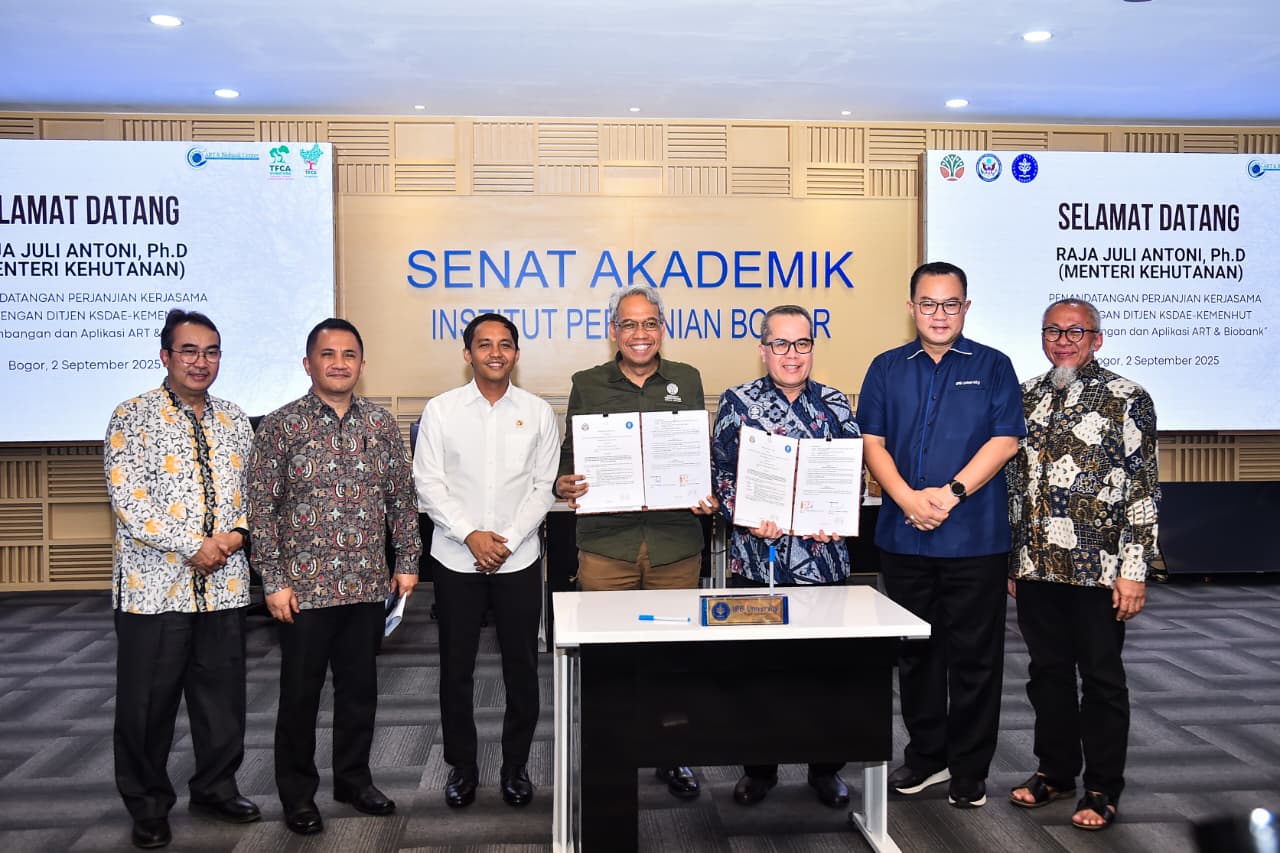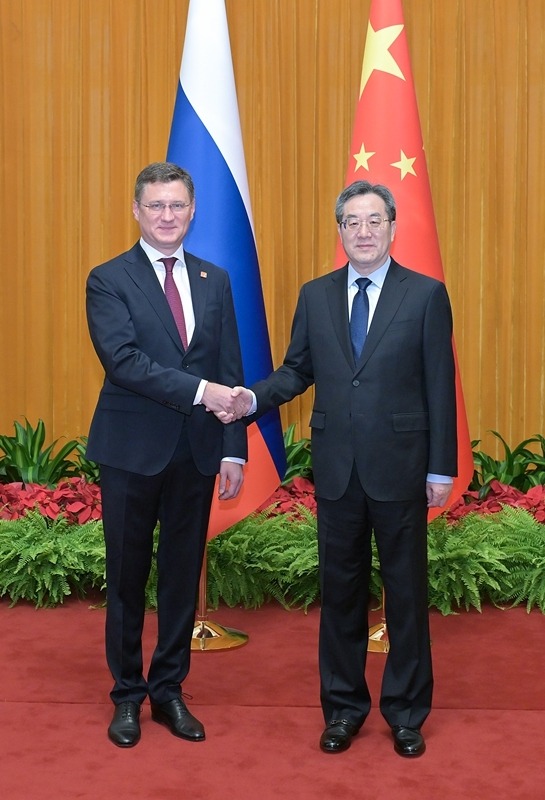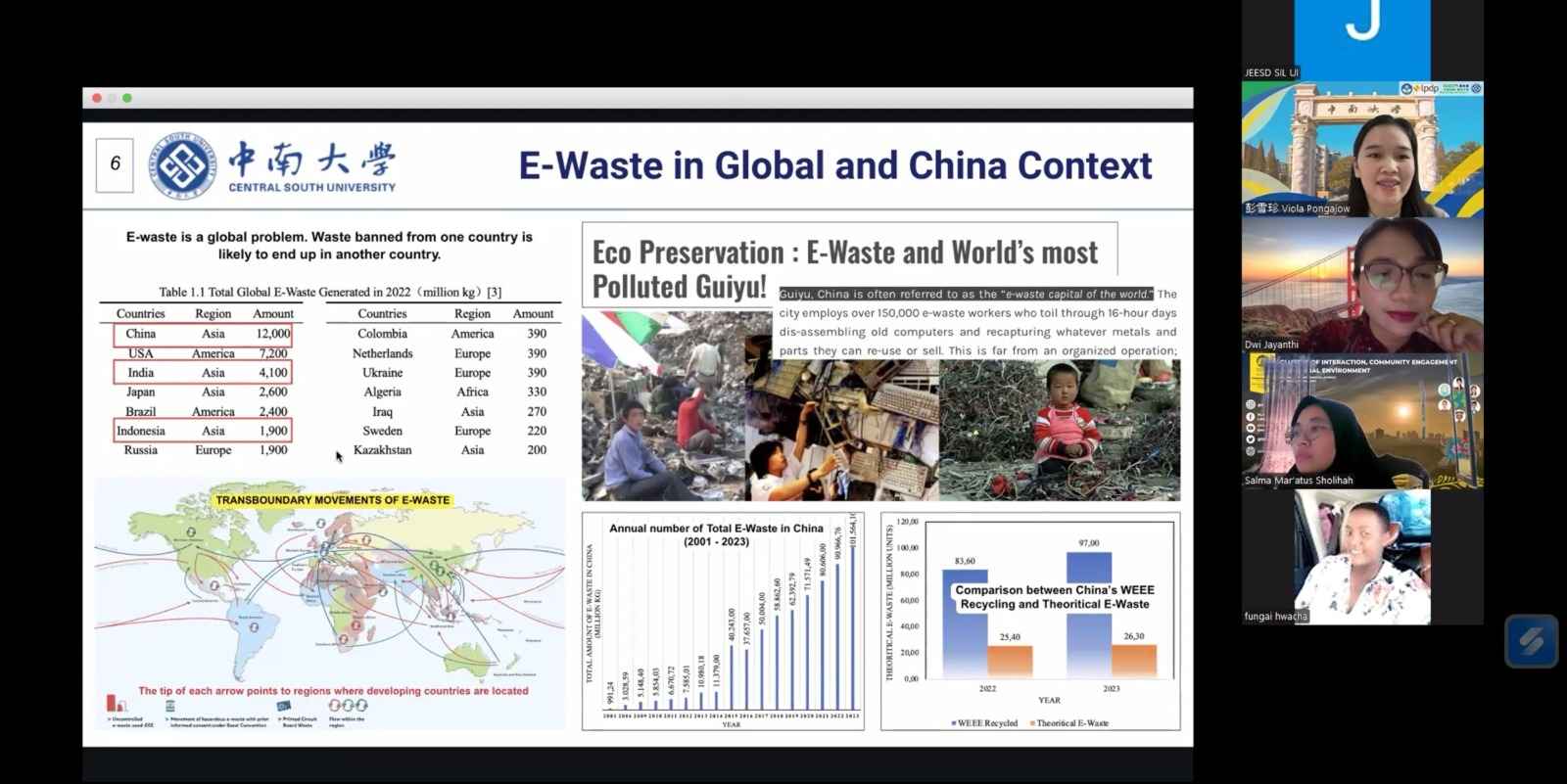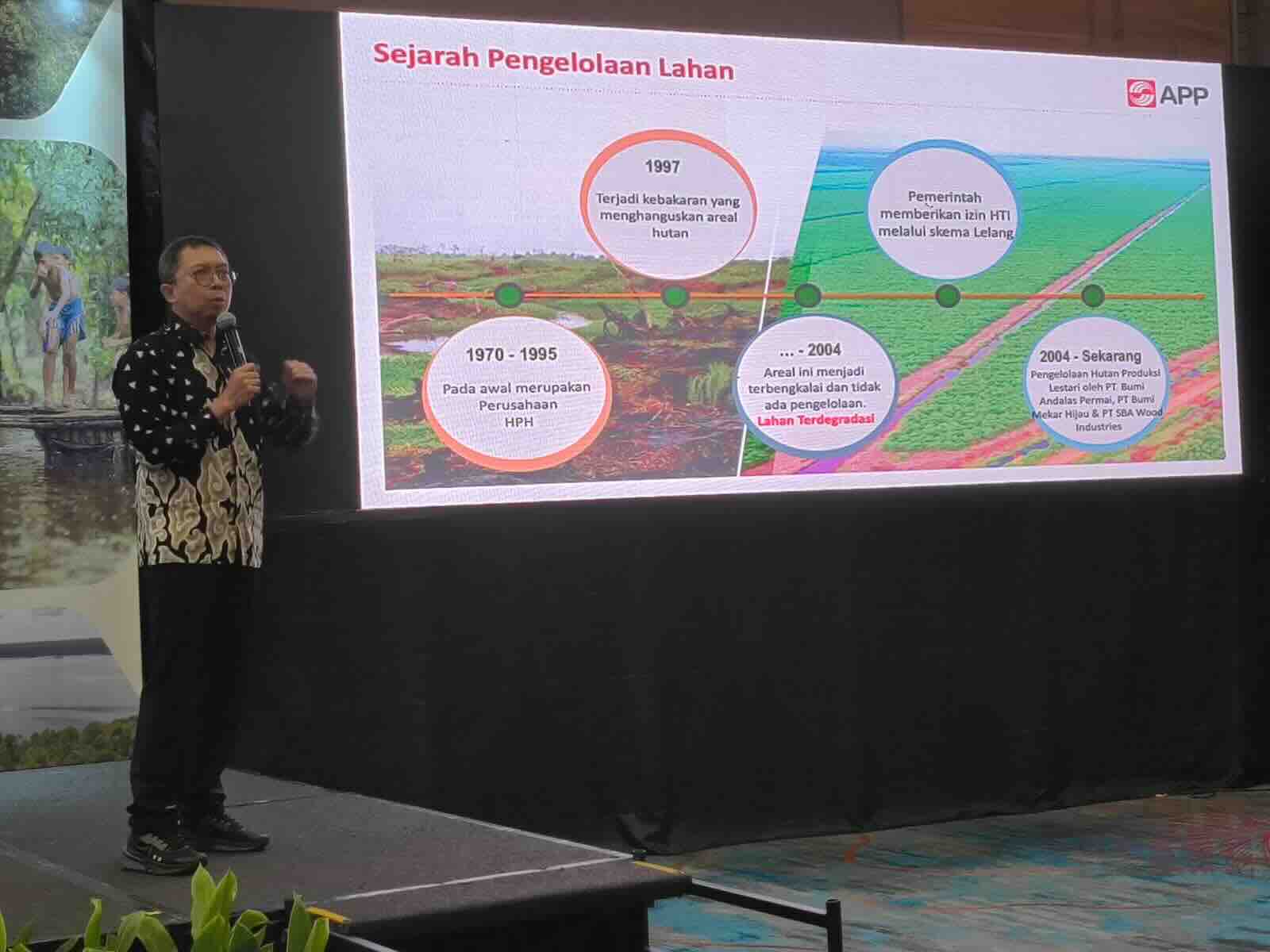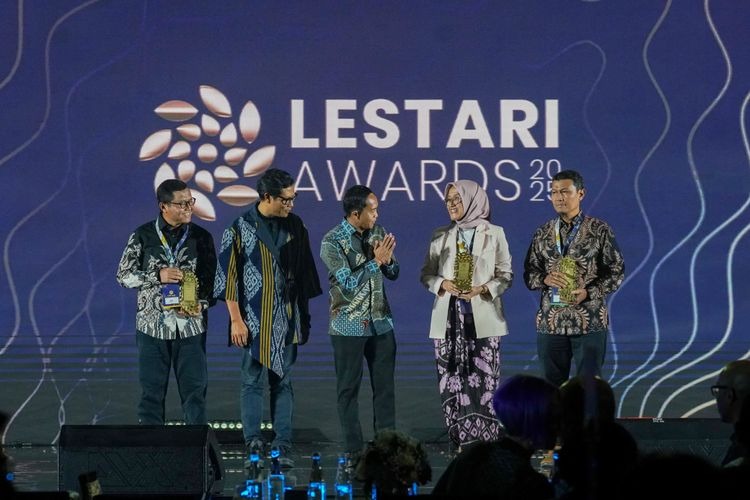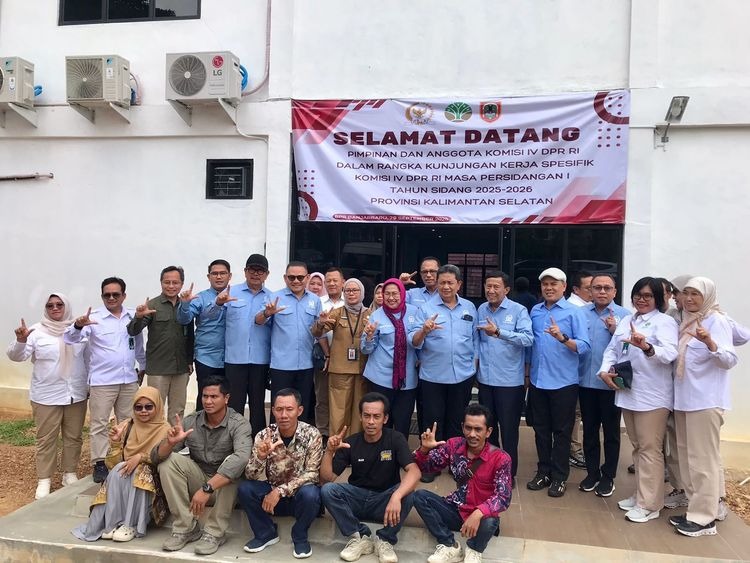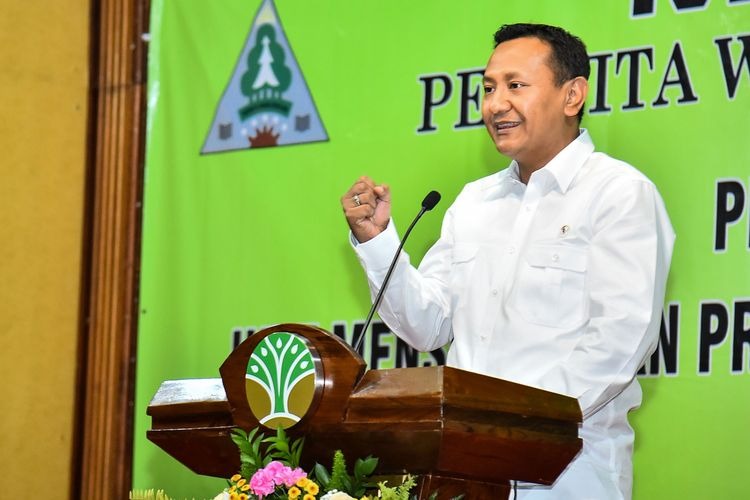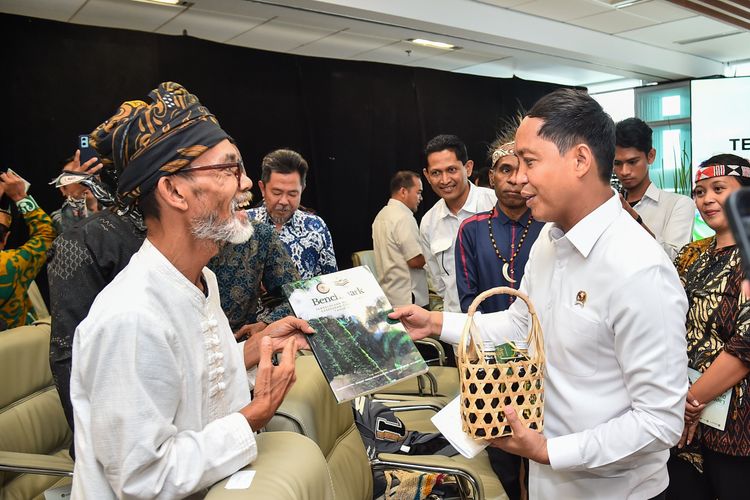Enviro News Asia, Bogor – The Indonesian Ministry of Forestry, through the Directorate General of Natural Resources and Ecosystem Conservation (KSDAE), has officially signed a cooperation agreement with IPB University to develop and implement Assisted Reproductive Technology (ART) and Biobank for endangered wildlife species. This initiative aims to prevent the extinction of Indonesia’s wildlife and included the soft launch of the ART and Biobank Center building at IPB University’s Rectorate Building, Bogor, on Tuesday, September 2, 2025.
The signing ceremony was attended by the Minister of Forestry, representatives from the Ministry of National Development Planning (Bappenas), the Rector of IPB University and academic staff, the U.S. Ambassador, and several national and international conservation partners.
Minister of Forestry Raja Juli Antoni emphasized the importance of mastering modern technology to strengthen biodiversity conservation in Indonesia. He expressed confidence in the knowledge and collaboration with IPB University researchers to ensure better protection of forests and biodiversity. The Minister also highlighted Indonesia’s status as a mega-biodiversity country and tropical forest superpower, affirming that such status will be maintained with assistance from scholars and scientists at institutions like IPB University.
The Ministry envisions the Biobank center at IPB University to become a leading international research hub, ensuring that genetic resources remain within Indonesia, rather than being taken abroad for study. This partnership marks an initial step toward establishing the largest research and innovation center in Southeast Asia dedicated to wildlife conservation under international standards.
IPB University Rector, Arif Satrya, welcomed the cooperation and noted IPB’s prior involvement in wildlife conservation projects, particularly for the Javan and Sumatran rhinos. He underscored the university’s efforts in developing ART and biobank technologies, which involve collecting and storing genetic materials from wild animals. These efforts aim to establish IPB as a primary reference center for wildlife conservation technologies in Indonesia and globally.
ART encompasses reproductive technologies such as artificial insemination, in vitro fertilization, embryo transfer, and cryopreservation of gametes and embryos. Meanwhile, biobanking preserves genetic material like sperm, eggs, embryos, and tissues to support long-term conservation programs.
This initiative aligns with the Indonesian Biodiversity Strategy and Action Plan (IBSAP), which promotes sustainable biodiversity management through enhanced research, technology utilization, and genetic bank development. ART and biobanking serve as adaptive strategies within IBSAP, particularly for species with small and fragmented populations.
Strategic benefits of ART and biobanking include strengthening ex-situ conservation to complement in-situ efforts, maintaining genetic diversity, enabling population restoration via embryo transfer or reintroduction, and securing long-term genetic reserves for future conservation needs.
Currently, ART and biobanking are being applied to the critically endangered Sumatran rhino (Dicerorhinus sumatrensis) at conservation centers in the Sumatran Rhino Sanctuary in Way Kambas National Park, Lampung, and the Kelian Rhino Sanctuary in East Kalimantan. These efforts involve collecting and storing genetic materials and developing science-based reproductive technologies to increase birth rates. This milestone not only advances efforts to save one of the world’s most endangered species but also demonstrates Indonesia’s commitment to leveraging cutting-edge technology for species sustainability.
The Ministry of Forestry expressed gratitude to all partners, notably IPB University, the U.S. Embassy, KEHATI Foundation, TFCA Sumatra, and TFCA Kalimantan, for their support in rhino conservation and ART and biobank development through the Tropical Forest Conservation Action programs in Sumatra and Kalimantan. (*)




